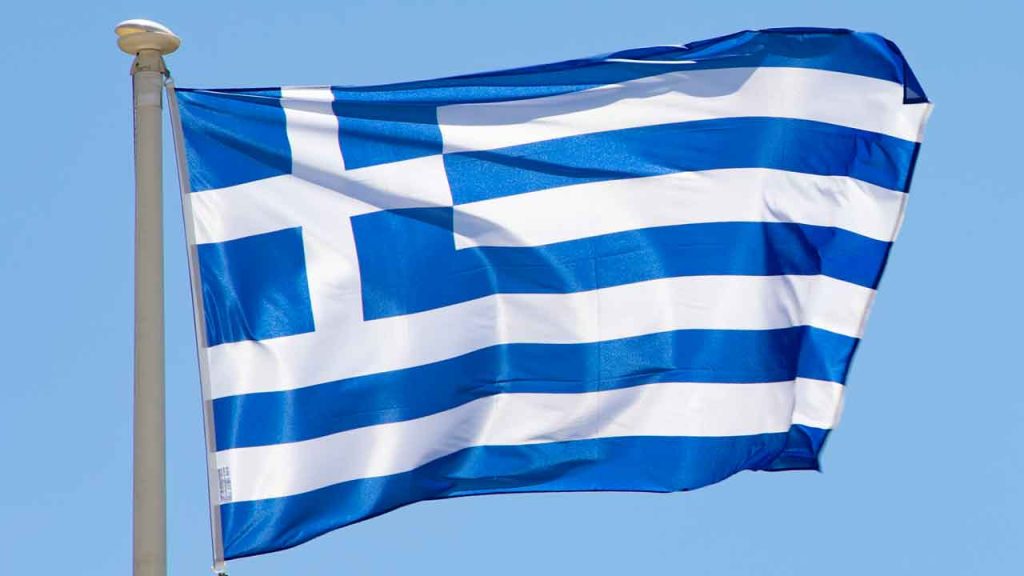Greece’s conservative party has added a convicted politician from Albania’s ethnic Greek minority to its list of candidates for the upcoming European Parliament election, leading to increased tension between the two countries. Fredi Beleris, who was elected mayor of Himare in Albania but arrested on vote-buying charges and sentenced to two years in prison, has denied the charges against him. The ruling New Democracy party’s decision to include him as a candidate has led to Greece threatening to block Albania’s attempts to join the EU.
The European Parliament election is set to take place between June 6-9, with Greeks expected to vote on June 9. Beleris remains imprisoned in Albania, but he has stated that his battle is for the rule of law and democracy, as well as the values upheld by the West and Europe. Six countries in the western Balkan region, including Albania, are at different stages in their applications for EU membership, with concerns over regional stability adding urgency to the accession process.
Greece and Albania have a historically tense relationship, with Athens accusing Tirana of being too slow in restoring rights to its ethnic Greek citizens. Many members of the minority hold dual citizenship and have worked in Greece. The region has been affected by the Russian invasion of Ukraine, which has increased concerns about regional stability. Western Balkan countries are in various stages of applying for EU membership, with Croatia being the most recent member to join in 2013.
Greece’s decision to include Beleris as a candidate has further strained relations with Albania, as the government in Tirana has accused Greece of interfering in its internal affairs. This move highlights the challenges faced by the western Balkan countries in their efforts to join the EU, as they navigate complex political dynamics and historical tensions. The European Parliament election will provide an opportunity for voters in Greece and across the EU to voice their opinions on these issues and shape the future direction of the European Union.
The situation between Greece and Albania underscores the broader challenges facing the EU as it seeks to expand and integrate new member states from the western Balkans. The region’s history of ethnic tensions and political instability presents significant obstacles to the accession process, with concerns about corruption, rule of law, and democratic norms needing to be addressed. The inclusion of a convicted politician as a candidate in the European Parliament election further complicates the already delicate relationship between Greece and Albania, highlighting the need for dialogue and cooperation to resolve long-standing issues and move forward towards EU membership.


